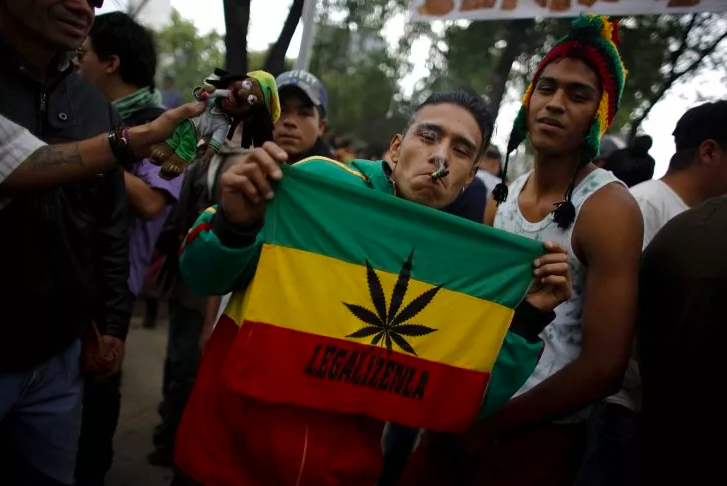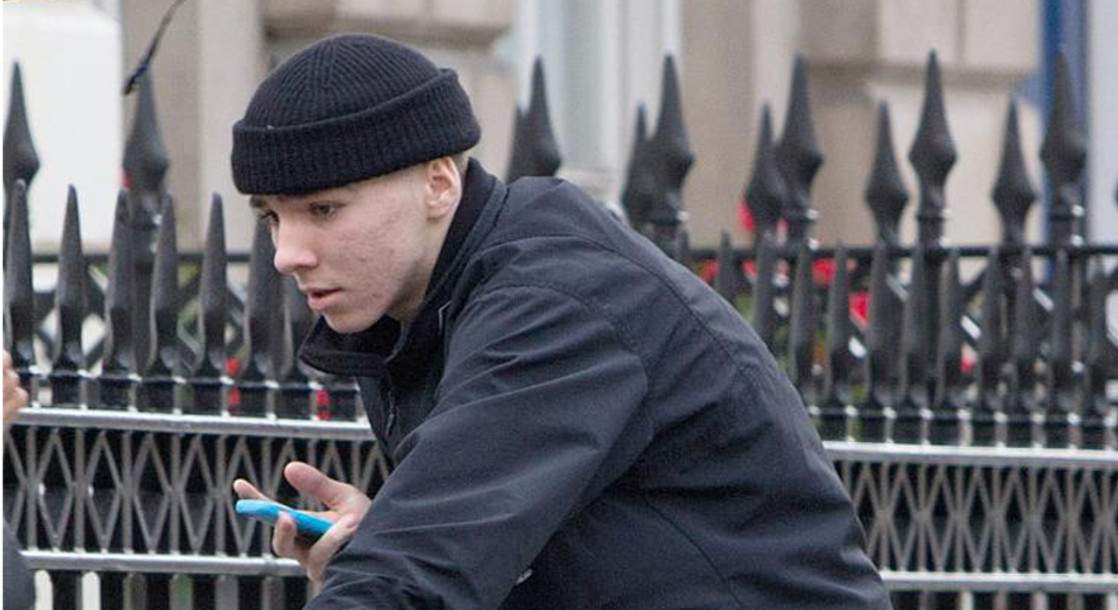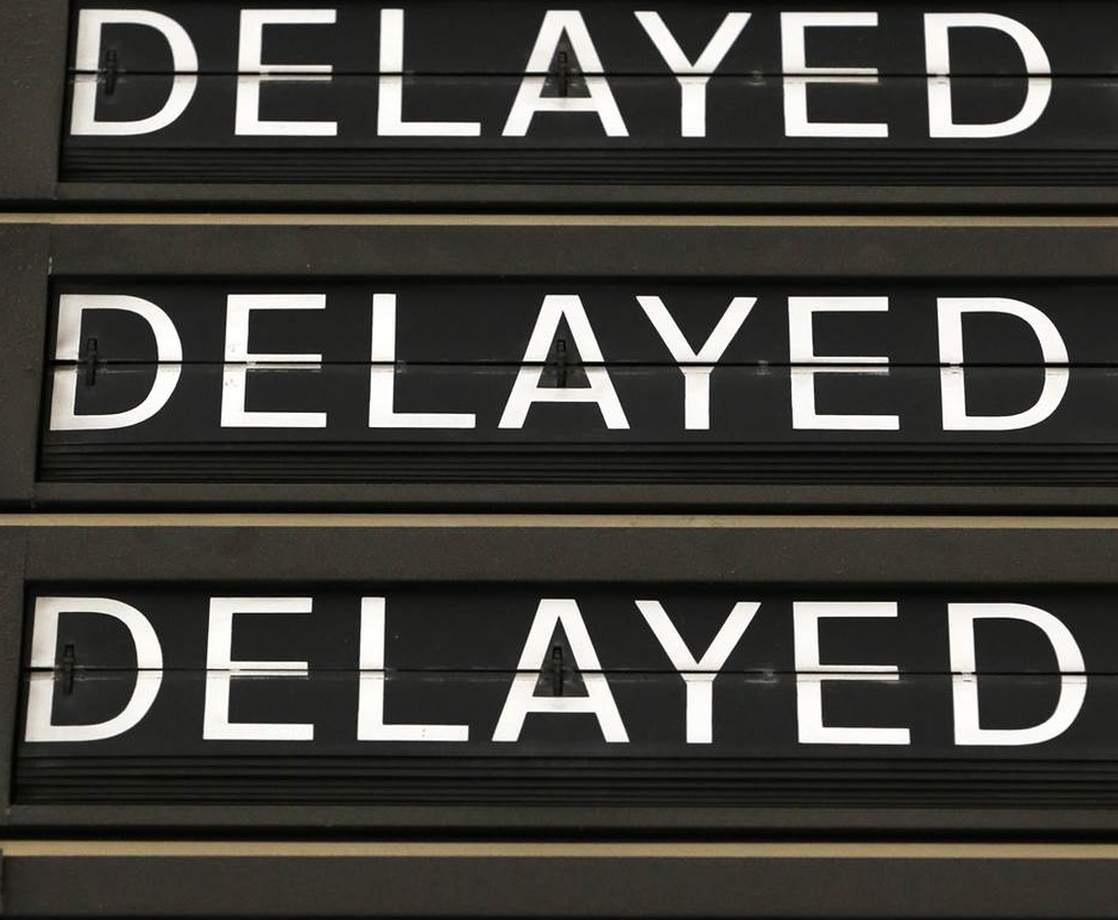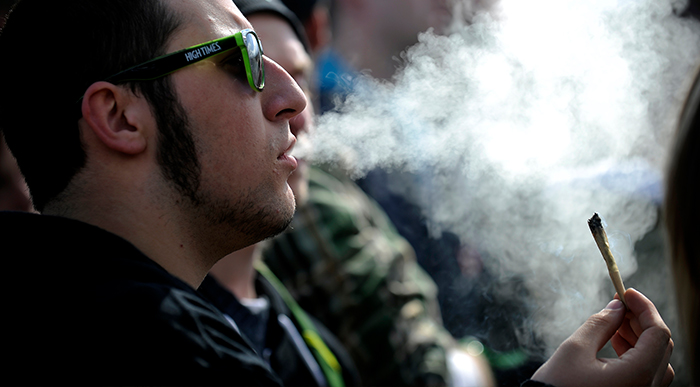Image via
Mexican cannabis patients and their families have waited a long time for the government to define how it would regulate medical marijuana and make it more accessible.
On January 12, 2021, Mexico’s Secretary of Health finally published the new rules that will govern the world’s largest marijuana market. Three years have passed since the legalization of medicinal cannabis was approved by legislators, and one year since the Supreme Court gave the federal health agency a 180-day deadline to release regulations.
The rules the government finally came up with allow pharmaceutical companies to begin researching the MMJ that’s currently for sale, while also permitting the production of medical marijuana for consumption and scientific purposes. Advocates hope that Mexican companies will have medicinal products on the market within a year.
The regulation classifies cannabis products in Mexico’s most restrictive category, however. Doctors and pharmacies must use a special bar code when medical cannabis is prescribed. This bar code, by the way, can only be obtained by medical professionals who submit a request and are approved by COFEPRIS, the governing body that oversees health affairs in the country.
But the new system largely leaves the people most responsible for the legalization movement — cannabis patients and their families — with little to celebrate.
Margarita Garfias is the founder of Familias y Retos Extraordinarios AC, a cannabis parent advocacy group; and a member of Drug War justice coalition, Regulation for Peace. Her teenage son Carlos has several serious health conditions. His case caused the Mexican Supreme Court to order the federal health agency to fast track regulations in 2019.
“We have a law, but we still have no rights,” Garfias says.
When Carlos developed a tolerance to the low CBD and THC drugs that made his epilepsy tolerable, Garfias found herself in a terrible position. The drugs she needed were outrageously expensive — about $500 a month, difficult to afford when the country’s average wage is $20 a day — only available in other countries, and not legal in Mexico, anyway.
She began to grow plants so she could make Carlos the cannabis resin she knew would help his symptoms.
“I’m a mother who was under all the pressure of the world to not let your son lose ground,” Garfias said. “If that’s what it takes to make sure your child is OK, you’re going to do it.”
But home cultivation is still illegal under the new regulations.
There are also few to no opportunities for small-scale growers and producers. That’s a huge issue, considering legalization is billed as a panacea for cartel-driven Drug War violence in Mexico. The new regulations hardly create employment opportunities for current producers, nor do they make access easier for the country’s patients.
Another problem is the fact there’s no plan to get cannabis meds covered by public health insurance, which implies that no one is educating healthcare professionals on the endocannabinoid system, and the cannabis products to which it responds.
“We as patients are saying that we need the medical associations, the universities, should have the latest information on cannabis,” says Garfias. “Doctors have to take an exam every so often to keep their license valid, so what we want is for the associations to take up the subject of cannabis. These exams should touch on the endocannabinoid system. Doctors who are just graduating also need to know about the endocannabinoid system. That’s really important.”
Meanwhile, the legislation that would legalize recreational cannabis in Mexico is slowly gaining ground. A bill was approved by the Senate in November and now awaits debate in the lower legislative house.
This will undoubtedly widen adult access for all — but that’s not going to help 16-year-old Carlos and his mother.
Though Garfias is still classified as a criminal for medicating her son, she tries to look on the bright side of these new regulations.
“The publication of this regulation is the official acknowledgment that marijuana has a medical use, and that our kids have the right to use it legally,” she said. “It starts to reverse this stigma that we as parents are irresponsible for giving them cannabis.”
Follow Caitlin Donohue on Instagram. You can also find the full interview with Margarita Garfias on Caitlin’s Spanish language cannabis radio show, Crónica.











